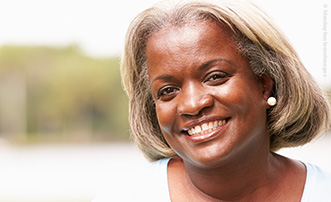Have you noticed at all this past month when you asked someone how they were doing there is a long pause or awkward silence? The next time you want to check in with someone, try asking, “How are you coping today?” or “What’s been on your mind lately?” We are in uncertain times with this pandemic and can assume some lives have changed for the worst. Many of our loved ones and caregivers have had to change their roles during this unusual time. As Information & Assistance Specialists, we often receive the question of, “How do we cope with this stress and changes within our parents, children, families, employment, and everyday lives?” Taking care of ourselves by managing these stresses and emotions can allow us to be better caregivers, parents, teachers, and community members. There is no one simple answer, but here are some suggestions that may help ease that fear, anxiety, depression, or feelings of being overwhelmed that you may be experiencing.
Take Breaks
Reduce your exposure with watching, reading, or listening to news stories, including social media. It’s important to receive news, but hearing about a pandemic over and over can become upsetting and lead to fear and increased anxiety.
Take Care of our Body
This may be taking time to meditate, practice yoga, walk the dog, exercise, or stretch. Be sure to eat healthy, well-balanced meals and get plenty of sleep. Keep up with your regular routine to the best of your ability – make that bed in the morning!
“If you want to change the world, start off by making your bed.”
~ William McRaven US
Engage in Activities
Make time to unwind. We all have talents and hobbies that will keep us engaged. Work on an art project, craft, journal, woodwork, DIY home improvement projects, or get out in the garden.
Connecting and Socializing with Others
Although we are not able to see our family and friends face-to-face, we don’t have to feel isolated or alone. Talk with people you trust about your concerns and how you are feeling during this pandemic and how it has affected you. This is a time where our computers, smart phones, iPads, tablets, and social media apps can be your best friend. If you don’t have access to these options, make a phone call to a friend or family member, or write a letter to make a connection and give support.
- Try having a virtual brunch/dinner party/Happy Hour to make some memorable moments. Playing a game virtually can be quite entertaining.
- Call a loved one to start out your morning with a cup of coffee and smile. How we begin our morning will lead to a better mood and influence our interactions for the day.
- Join a support group for caregivers and try a class online. Please contact our agency or visit our website for a list of virtual classes offered.
If you or someone you know is feeling distressed and it is affecting your daily life, please don’t hesitate to reach out for help. Asking for and accepting help is a sign of strength.
Coping with stress will make you, the people you care about, and your community stronger.




